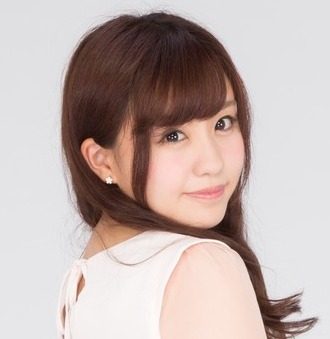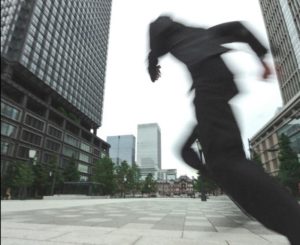Antonym:きのう (kinou) vs. あした (ashita)
What is the difference between “きのう(kinou) and あした(ashita)”? Which is used as the meaning of “tomorrow”? After reading this, you would be answering this question. Let me introduce what their subtle differences are and how you correctly use them such as native speakers today!
きのう (kinou)
Yesterday / 昨天 / 어제 / Hôm qua
“きのう(kinou)” means “Yesterday” and which has been used as the meaning of “on the day before today”. The basic ways to use it are that “きのう___。(___ yesterday.)”, etc. For instance, “きのう公園にいきました。(I went to the park yesterday.)”, “きのう買い物に行きました。(I went shopping yesterday.)”, “きのう本を買いました。(I bought a book yesterday.)”, etc. Everyone could use “きのう” as casual, polite and formal such as “きのう買い物に行ったよ。(I went shopping yesterday.)” as casual “きのう買い物に行きました。(I went shopping yesterday.)” as polite and formal. Kanji of “きのう” is “昨日“.
\ Learn Japanese language online with a personal native teacher!/
Sample
昨日何してたの? (What were you doing yesterday?) (你昨天做了什么?) (어제 뭐 했어?) (Bạn đã làm gì hôm qua?)


昨日は、友達と遊んでたよ。 (I hang out with my friends yesterday.) (我昨天和朋友一起去玩了。) (어제는 친구들이랑 놀았어.) (Hôm qua tôi đã đi chơi với bạn bè của tôi.)


昨日、新しい携帯を買いました。 (I bought a new cell phone yesterday.) (我昨天买了一部新手机。) (어제 새 휴대폰을 샀습니다.) (Hôm qua tôi đã mua một chiếc điện thoại di động mới.)


昨日、テレビを見ました。 (I watched TV yesterday.) (我昨天看了电视。) (어제 TV를 봤습니다.) (Hôm qua tôi đã xem ti vi.)
あした (ashita)
Tomorrow / 明天 / 내일 / Ngày mai
“あした(ashita)” means “Tomorrow” and which has been used as the meaning of “on the day after today”. The basic ways to use it are that “あした___。(___ tomorrow.)”, etc. For instance, “あした公園にいきます。(I’ll go to the park tomorrow.)”, “あした買い物に行きます。(I’ll go shopping tomorrow.)”, “あした本を買います。(I’ll buy a book tomorrow.)”, etc. Everyone could use “あした” as casual, polite and formal such as “asita買い物に行くよ。(I’ll go shopping tomorrow.)” as casual “あした買い物に行きます。(I’ll go shopping tomorrow.)” as polite and formal. Kanji of “あした” is “明日“.
Sample


明日何するの? (What will you do tomorrow?) (你明天打算做什么?) (내일 뭐해?) (Bạn sẽ làm gì vào ngày mai?)


明日は、友達と遊ぶよ。 (I hang out with my friends tomorrow.) (我明天打算和朋友一起玩。) (내일은 친구랑 같이 놀 거야.) (Ngày mai tôi sẽ đi chơi với bạn bè của tôi.)


明日、新しい携帯を買います。 (I’ll buy a new cell phone tomorrow.) (我明天打算去买一部新手机。) (내일 새 휴대폰을 살 것입니다.) (Tôi sẽ mua một chiếc điện thoại di động mới vào ngày mai.)


明日、テレビを見ます。 (I’ll watch TV tomorrow.) (我明天会看电视。) (내일 TV를 봅니다.) (Tôi sẽ xem ti vi vào ngày mai.)
\ Learn more! /









Comments